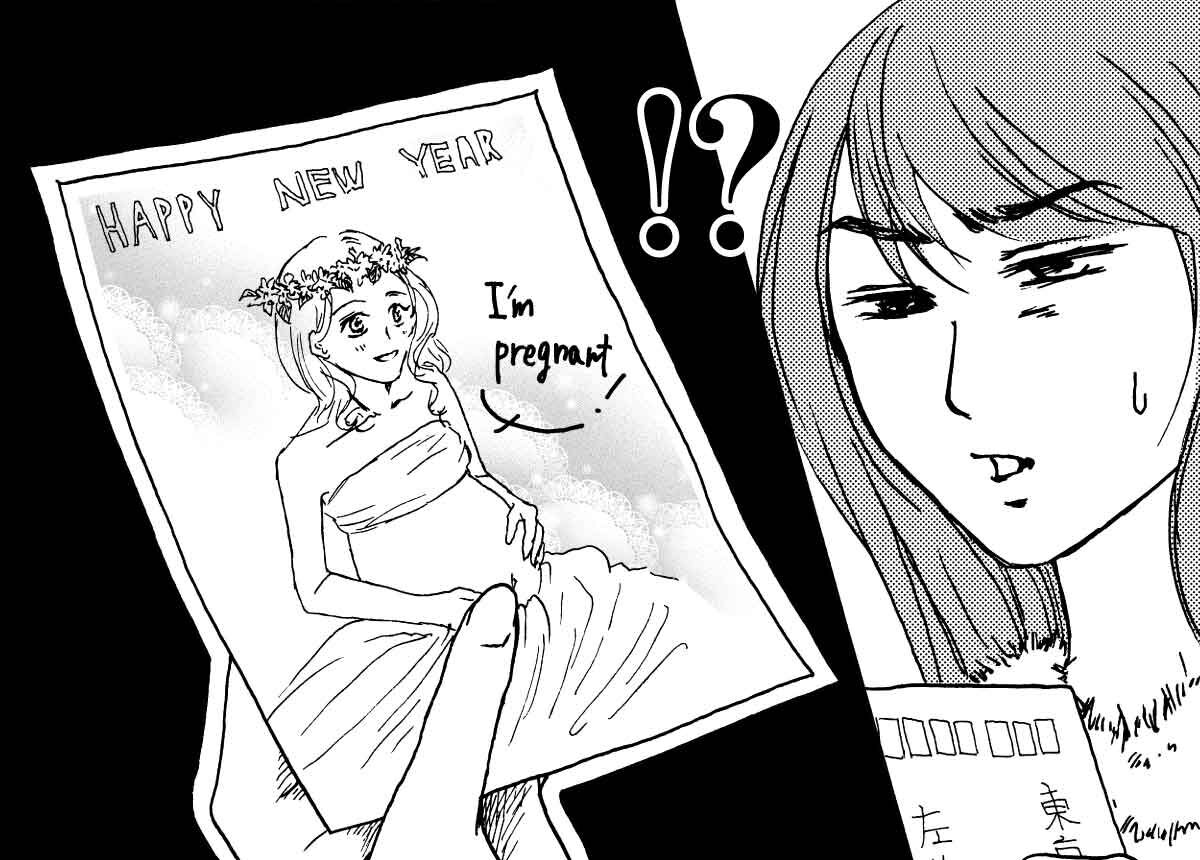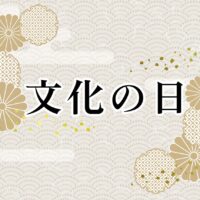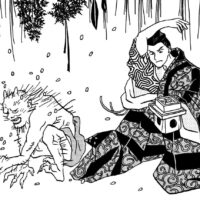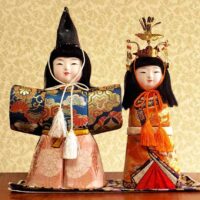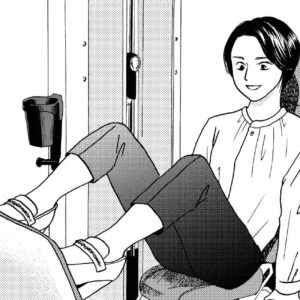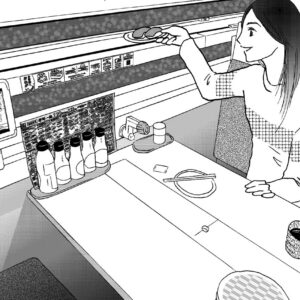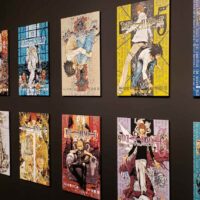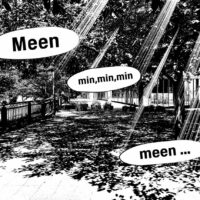In Japan, people start writing Nengajo in December. Nengajo is New Year’s card. It is the same size as a regular postcard, 148 x 100 mm, but has a stamp printed on it indicating that it is a Nengajo. Therefore, these postcards are not used for purposes other than New Year’s cards. In December we buy these special postcards and start writing to the people we want to send them to. Public mailboxes are equipped with a special slot for Nengajo, and the cards are collected at post offices nationwide. Nengajo are accepted until around December 25, and those posted by the 25th will always be delivered to the recipient on January 1.
In the past, it was common for each person to make 100 or more cards and send them to all relatives and business associates. But, nowadays it is normal not to know the address of the recipient in terms of personal information, and since it is possible to find out what is going on through social networking services, the number of people writing New Year’s cards is drastically decreasing.
The custom of sending Nengajo began in 1871 when the government postal service was started. And now we are witnessing a very modern phenomenon in this custom. That is, the recipient of a New Year’s greeting card came to interpret the person who sent it as trying to one-up him/her.
For example, suppose you receive a New Year’s card from a friend with a picture of his/her child printed on it. Would you look at it with a smile? If you are someone who longs to have a child and is in the midst of painful fertility treatments, what does this card mean to you? Or suppose you receive a card from a friend printed a photo of the entrance ceremony of the university. The name of the university is intentionally copied there, and you may feel as if your friend is bragging to you that he/she is studying at such a prestigious university. This is even more so if the recipient was unable to attend college for financial reasons or failed an exam and was unable to attend the college of his/her choice. Just as we are experiencing social networking fatigue, where people are envious of others or fed up with differences between themselves and friends, so too in the traditional culture of Nengajo, people are becoming weary of the act of receiving New Year’s cards.
On social networking services, you can be convinced or even mute them because you are intentionally following them, but you cannot avoid the Nengajo that are forcefully sent to you by them. Recently, both senders and receivers have become concerned and have been told that it is better to use a safe pattern, photo, and message that can be accepted by people from all walks of life. This does not give the card the inherent meaning of “I’m sending it because it’s you”. Interestingly, the pre-Internet generation, who know how difficult it is to connect with people, claims that this New Year’s card’s trying to one-up someone is “too much of a concern, I don’t take it that way,” while the generation for whom social networking has existed since birth wants to get away from communication with people in the form of Nengajo, at least on New Year’s Day.



